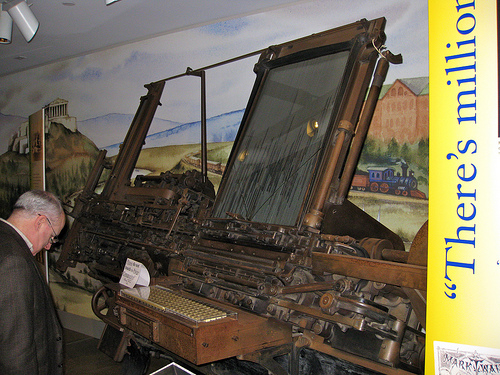
A performance of Wagner’s “Götterdämmerung.” 1917 photo.
What Mark Twain once said of Wagner — “I have been told that Wagner’s music is better than it sounds” — could be applied to Senate Majority Leader Chuck Schumer: I’ve heard that he’s not as bad as he seems. Right now, though, Schumer seems really bad in refusing to call for the resignation of Sen. Bob Menendez, D-N.J., who’s been indicted on lurid federal bribery charges involving everything from gold bullion to a Mercedes-Benz convertible. Schumer went so far as to call Menendez a “dedicated public servant” and said, “He has a right to due process and a fair trial.”
Why do I say that Schumer isn’t as bad as he seems? Because he’s probably having private talks with Menedez right now aimed at getting him to step down, figuring that discreet persuasion will work better than public humiliation. The problem is that such thinking is the product of a bygone age, unsuited to the always-on public performance that modern politics demands. Former House Speaker Nancy Pelosi, who’s older than Schumer, figured it out. But Schumer appears to be too set in his ways to make the adjustment.

